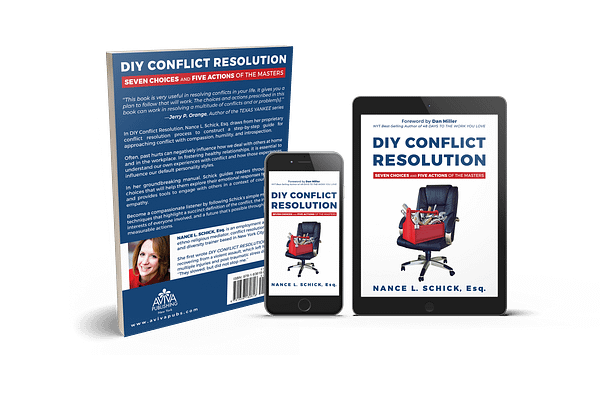Many business experts will encourage you to write a book to increase your credibility and visibility. Of course, self-publishing businesses also want you to write one because that’s what makes them money. But should you? Here are my answers to some FAQs about my experience as a published author.
Have you always wanted to write a book?
Probably. In middle school, I won a couple of Young Authors awards. I thought maybe I would be a writer when I grew up. It didn’t seem that hard because we had a project plan and teachers to keep us on task and on schedule.
In high school, I struggled more to complete writing assignments. I didn’t like my English teacher, and I was more interested in playing sports, hanging out with friends, and chasing boys.
By the time I reached college, I was only writing when required. I had grown to hate writing. I feared the red pen and criticism for my non-traditional views or curious nature. When I was hired as a freelancer writer for Hockey Ink!, I started to gain confidence and enjoy writing again. But I had forgotten my dream of writing books.
Then, I went to law school, where I was taught to write in a deliberate, persuasive style. I was inspired by the John Grisham novels I read on the bus to my summer internship, but I was careful not to let my creative writing get in the way of my legal career. I thought I had to choose.
It wasn’t until I sustained a head injury from a violent assault in 2014 that I decided I would take a chance and publicly share my writing. It was part of my healing, and as I wrote, my middle school dream resurfaced.
What are the pros and cons of self-publishing?
I self-published the first two editions of DIY Conflict Resolution. I worked with a hybrid publisher for the third edition. I’ve found that the pros and cons of self-publishing are often similar. For example:
- Creative control. You can write whatever you want, including books with controversial content, poor grammar, and confusing structures. The problem is that these might turn away people in your target market who might otherwise become clients. Don’t be your own worst customer. Get some additional eyes on your creation.
- Expediency. You can arguably self-publish a book in a matter of days, but that doesn’t mean you will produce something that does what you want it to. If you just want to check a box on your bucket list, publishing anything might be sufficient. But most of us want our books to make a difference for our readers and generate something more for us. That takes time and persistence. I am beginning to think that if I don’t hit at least three points of frustration and resignation when publishing a book, I haven’t done a great job yet!
- Cost. It can seem relatively low-cost to self-publish a book, but to get a product that looks as professional as a traditionally published book, you will likely need to invest in the services of several experts after you finish your manuscript, including:
-
- Line editor
- Copy editor
- Interior layout designer
- Cover designer
- Marketing copy writer
Should you seek a literary agent and go the traditional publishing route?
Depending on your goals, traditional publishing might not be the best route. I published the new edition of my book through Aviva Publishing (a hybrid publisher), after consulting Kary Oberbrunner, Balboa Press, and a few others. If your topic is law-related, you might also consider the ABA’s publishing arm.
Susan Friedmann, who founded Aviva Publishing, was in traditional publishing for many years and works with editors, cover designers, and interior layout designers who also come from that world. I also have a couple of good friends who are published authors through traditional publishers. Consistently, I have heard from them and others that even if you go with a literary agent and traditional publishing house, you will still need to do a lot of the legwork to get sell your book.
The three best things about self-publishing:
- Speed
- Creative control
- IP and marketing control
The three worst things about self-publishing:
- Finding the right line and copy editors, cover designers, interior layout designers, content curators, etc.
- Putting all the technical pieces together (e.g., KDP formatting, ISBN, barcodes, Amazon and other listings)
- Time, money, and energy costs
It can feel like a job within a job at times, regardless of whether you work with a traditional publisher. The Nonfiction Authors Association has more information about this.
